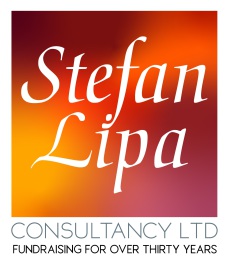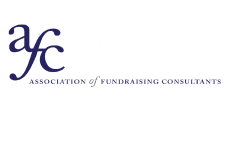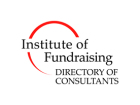The problems with commission-based fundraising
As fundraising consultants, we are strongly against working on a commission basis. A commission-based approach can be a disincentive to donors and it can lead to conflict and practices that are detrimental to the charity, the donor and the fundraising consultant.
Commission fees also breach the Association of Fundraising Consultants’ Code of Practice, which states: “Professional fees payable for services rendered by members will not be calculated as a percentage of the amount raised, either on a commission or contingency fee basis. This commercial approach is a disincentive to giving, does not properly reflect the value of the service provided and encourages opportunistic and damaging fundraising practices.”
Many potential clients often ask us if it is possible for fees to be paid on a commission or contingency basis – calculated as a percentage of the amount raised. This query is understandable, particularly where a charity is strapped for cash.
If a fundraising consultant is paid as a percentage of an amount given by a donor, it increases the chances of a donor having a negative reaction – he or she may feel they are paying the salary of a fundraising consultant without reference to the value of that service. However if a fundraising consultant is paid on the basis of hours of input and of expertise, it is more likely to be seen as a normal professional cost in the same way as the fees of other professionals engaged by the charity.
We also believe that it is almost impossible to value the input of a fundraising consultant by commission. A donation may be the result of the long-term teamwork of many people within the charity rather than specifically the fundraising consultant. The task of a fundraising consultant is not to ask for money, but to structure a campaign that the charity can implement successfully. The only fair method for the consultant, the charity and the donor, is for an agreed fee to be paid to the fundraising consultant based on their input.
Payment by commission can easily be interpreted (rightly or wrongly) as excessive remuneration. Paying a fundraising consultant by commission can also lead to internal dispute and tension involving trustees, officers and volunteers of the charity. If a consultant is paid by commission where trustees and volunteers are fundraising without payment, there is potential for ill-feeling. However if a fundraising consultant is paid for the number of hours of input, on the same basis as officers and other consultants and suppliers, there is less room for problems to arise.
Payment by commission could also encourage bad practice and disagreement with the charity. A fundraising consultant receiving commission may be tempted to give advice under pressure, or put personal gain ahead of the charitable interests of the donors, the charity and the beneficiaries. There could also be potential arguments between the consultant and the charity about whether the consultant is entitled to a commission, especially if the consultant’s period of engagement comes to an end, and a gift arising from the fundraising campaign (and/or its payment) is made subsequently.
04.04.2017
For more information, call us on 01264 860003 or send an email.



